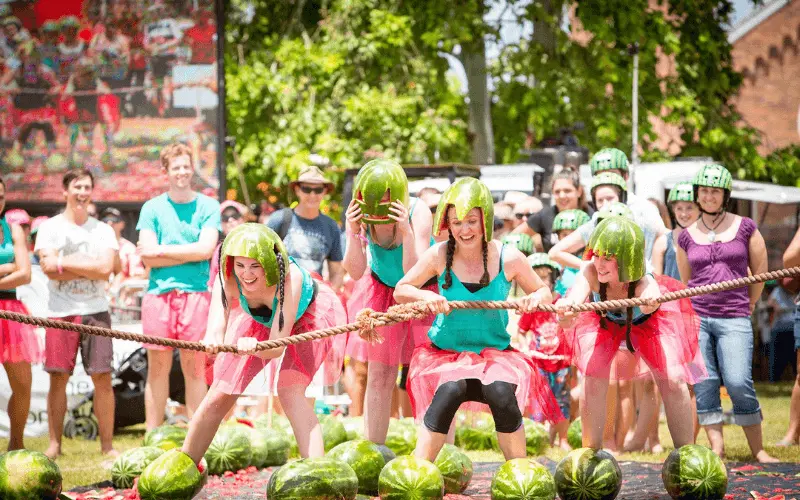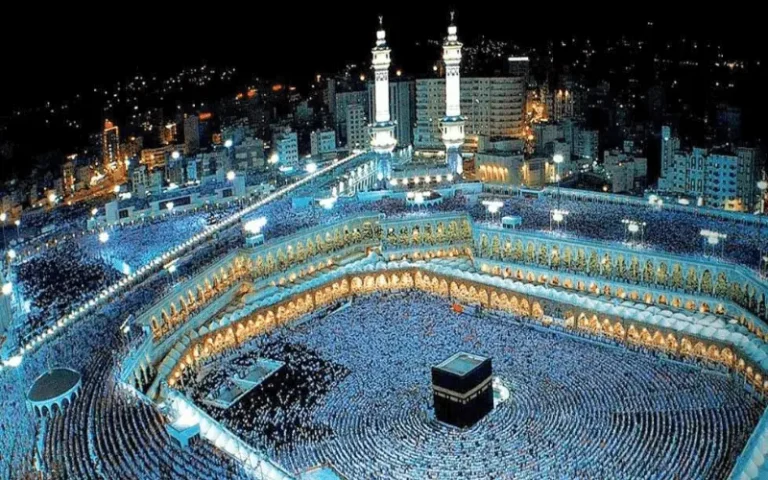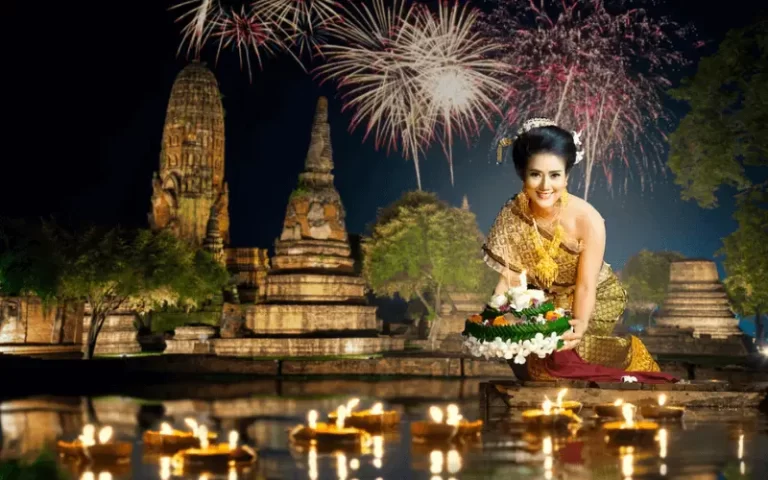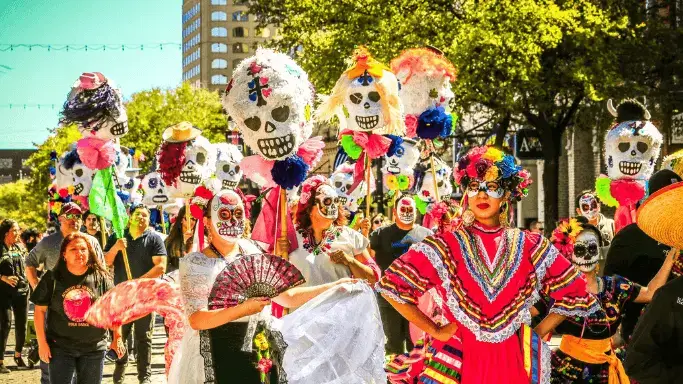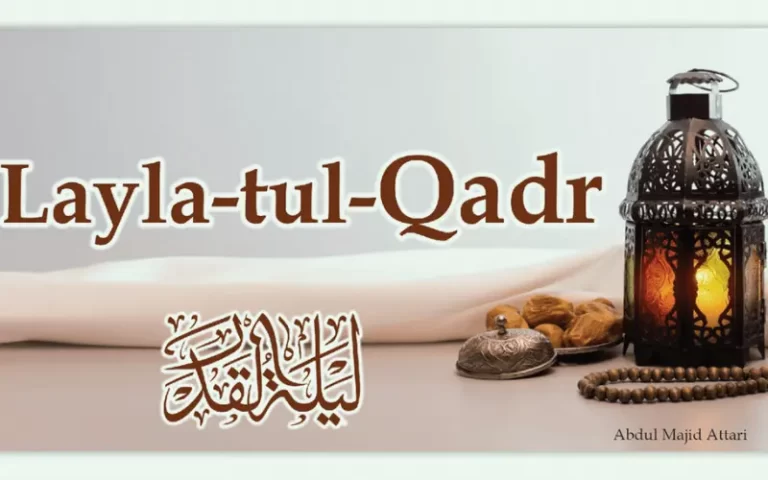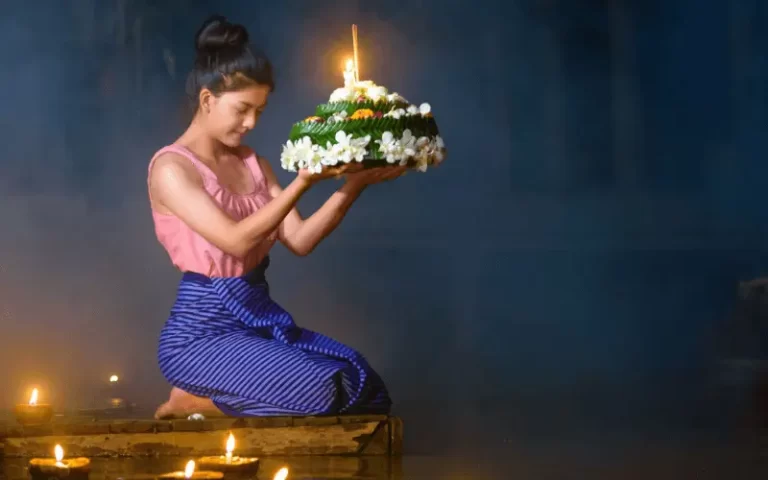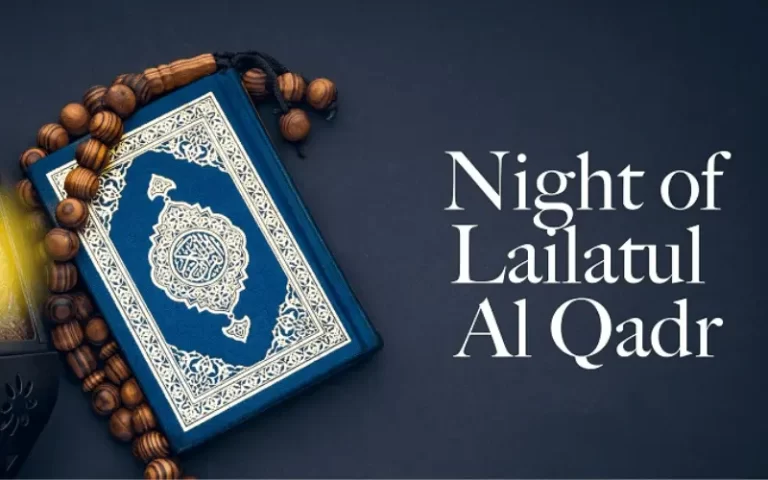Easter Festival: Everything You Need to Know
Easter also known as Pascha (Aramaic, Greek, Latin) or Resurrection Sunday, is a joyous occasion celebrated globally, known for its significance in both religious and cultural contexts. It marks the culmination of the Lenten season and the beginning of spring, making it a cherished festival for many.
As an Easter festival and Easter holiday, it brings communities together in commemoration of the resurrection of Jesus Christ. Beyond its religious roots, Easter is a time of renewal, hope, and connection, celebrated through various traditions and gatherings.
What Is The Origin Of Easter Festival?
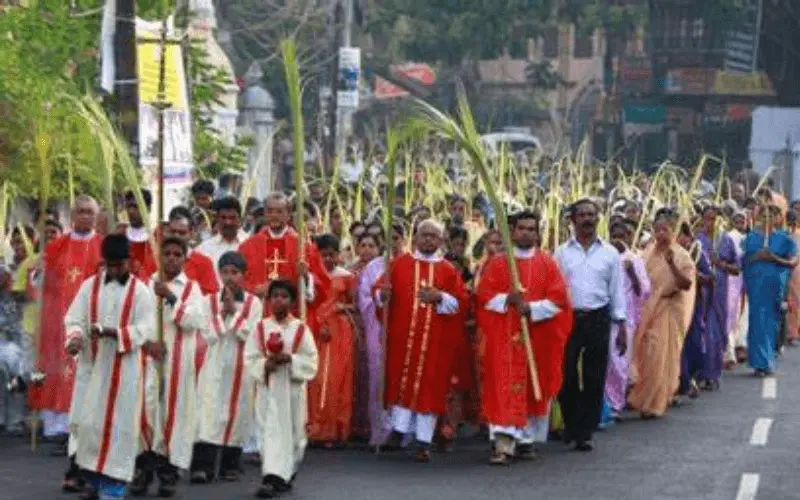
The original meaning of Easter traces back to its roots as an ancient pagan celebration of the spring equinox. Over time, this pagan festival merged with Christian beliefs, leading to the Christian origin of Easter as we know it today.
Easter festival started as a blend of these traditions, with the Christian celebration of Jesus Christ’s resurrection coinciding with the timing of the spring equinox. In the United States and other regions, Easter has evolved into a diverse holiday, encompassing religious observances alongside secular customs.
What Is The Meaning Of The Easter Festival?
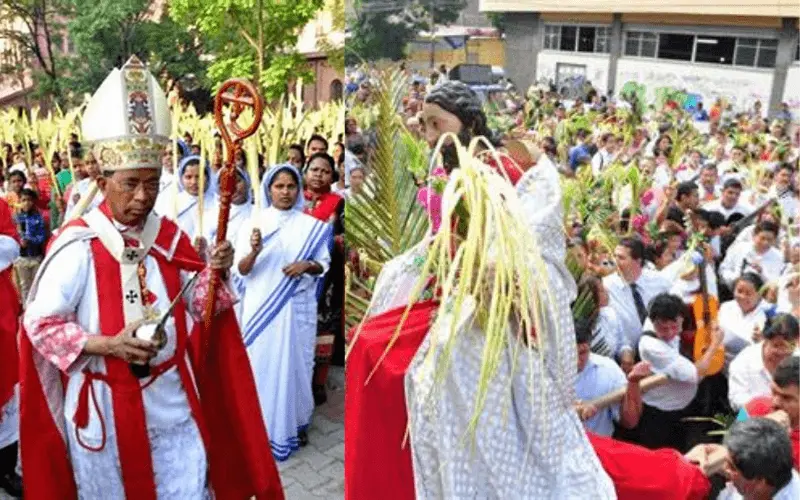
Easter festival holds profound significance for Christians worldwide, symbolizing the resurrection of Jesus Christ. This spiritual meaning of Easter is rooted in the belief that Jesus conquered death, offering salvation and eternal life to believers.
Easter festival represents Jesus’ triumph over sin and death, embodying the core principles of the Christian faith. Its Christian meaning underscores the hope and redemption found in Jesus’ resurrection, making Easter a time of joyous celebration and reflection.
What Is The History of The Easter Festival?
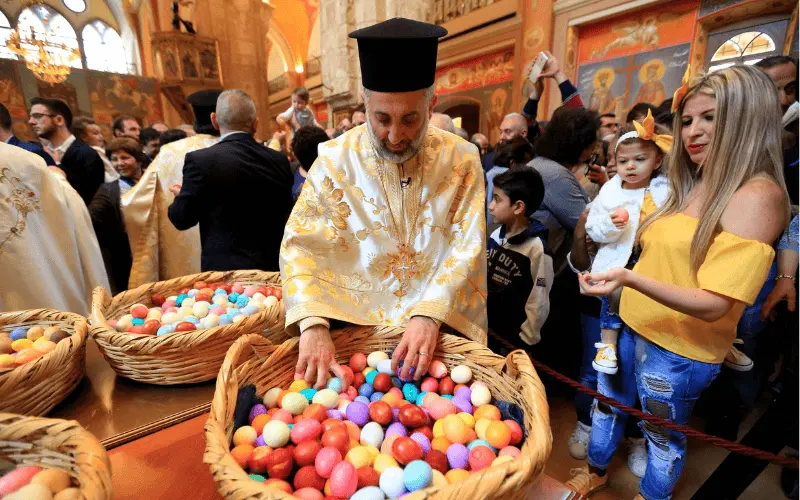
Ancient Roots: The Easter festival has deep roots in ancient springtime celebrations. These festivals marked the end of winter and the beginning of new life, celebrated with feasts, dances, and rituals.
Early Christian Adaptation: In the 2nd century, people started celebrating the Easter festival, though it’s likely that Christians were commemorating Jesus’ Resurrection even before that time.
As Christianity spread, believers began merging spring customs with their faith. They noticed similarities between nature’s renewal and Jesus Christ’s resurrection.
Crucifixion and Resurrection: The pivotal moment in the Easter festival history is the crucifixion and resurrection of Jesus Christ. Christians believe that Jesus died on Good Friday and rose from the dead three days later, on what we now call Easter Sunday.
Spread and Evolution: The Easter festival gradually became an important holiday in the Christian calendar. Different cultures added their customs, such as egg hunts and decorating eggs, creating the diverse celebrations we see today.
Modern Observance: Today, Easter is celebrated by millions around the world. It’s a time for families to come together, attend church services, and enjoy traditions like Easter egg hunts and special meals.
Meaning and Significance: Beyond the chocolate eggs and bunnies, the Easter festival holds deep meaning. It’s a time to remember the hope and promise of new life found in the resurrection of Jesus Christ.
Who Celebrate Easter Festival?

Easter is predominantly celebrated by Christians worldwide. While the holiday holds significant religious importance for Christians, it is also observed in various cultural contexts.
While Easter is widely celebrated in many countries around the globe, there are some regions or countries where it may not be as widely observed. However, the exact number of countries that celebrate Easter may vary, as cultural practices and religious observances differ from place to place.
Why is The Easter festival Celebrated?

Easter is celebrated because it commemorates the resurrection of Jesus Christ, a central event in the Christian faith. Christians observe Easter to honor the belief that Jesus rose from the dead three days after his crucifixion, signifying victory over sin and death.
This celebration holds deep significance for Christians worldwide, reflecting their faith in Jesus as the savior and redeemer. The Easter holiday provides an opportunity for believers to reflect on the core tenets of their faith and to rejoice in the promise of new life and eternal salvation.
When is The Easter Festival Celebrated?

Easter is celebrated on Sun, Mar 31, 2024. It falls on the first Sunday following the first full moon after the vernal equinox. This movable feast allows for Easter to occur between late March and late April each year.
How Is Easter Festival Celebrated?
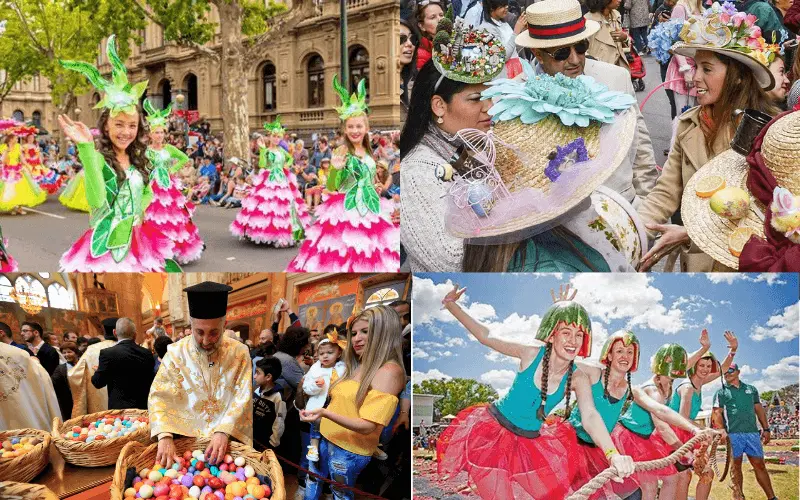
Easter is celebrated in various ways across the globe, with traditions that reflect both religious and cultural influences. Here are some common ways Easter is celebrated:
1. Attending Church Services:
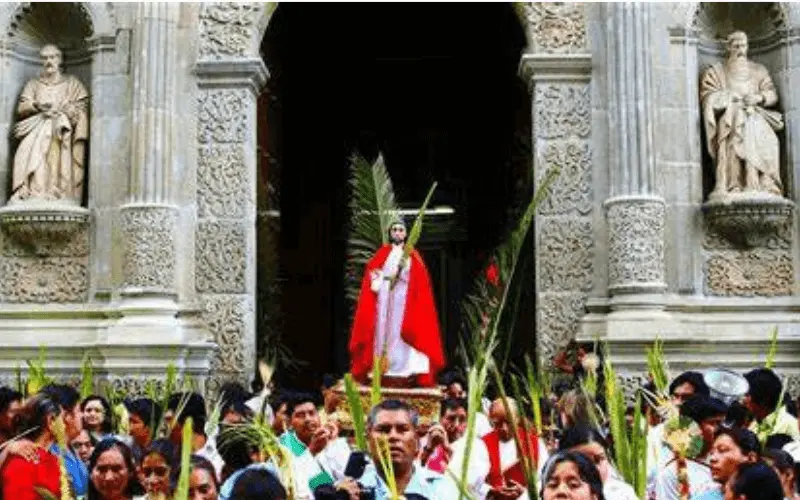
Many Christians attend special church services on Easter Sunday to celebrate the resurrection of Jesus Christ. These services often include prayers, hymns, and sermons that focus on the significance of the resurrection.
2. Easter Egg Hunts:
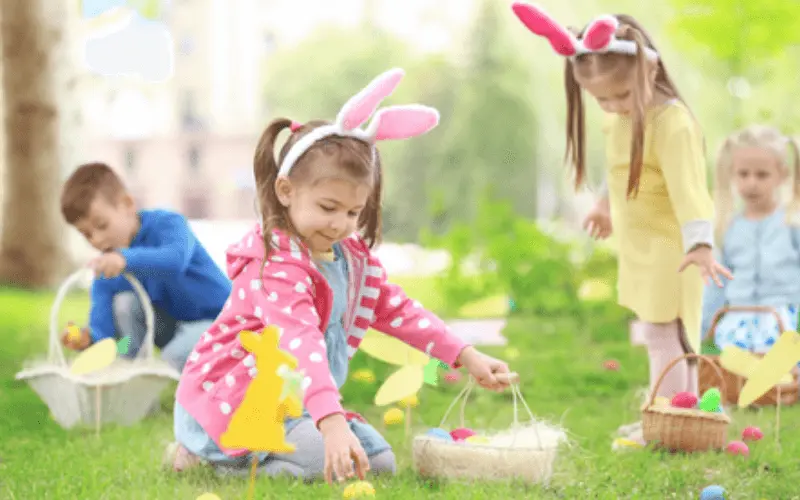
One of the most popular Easter traditions is the Easter egg hunt, where children search for hidden eggs filled with candies or toys. This tradition symbolizes the joy of new life and the resurrection of Jesus.
3. Easter Meals:

Families often gather for a special meal on Easter Sunday, which may include traditional dishes such as roasted lamb, ham, or fish. It’s a time for families to come together and share in the celebration of Easter.
4. Decorating Easter Eggs:
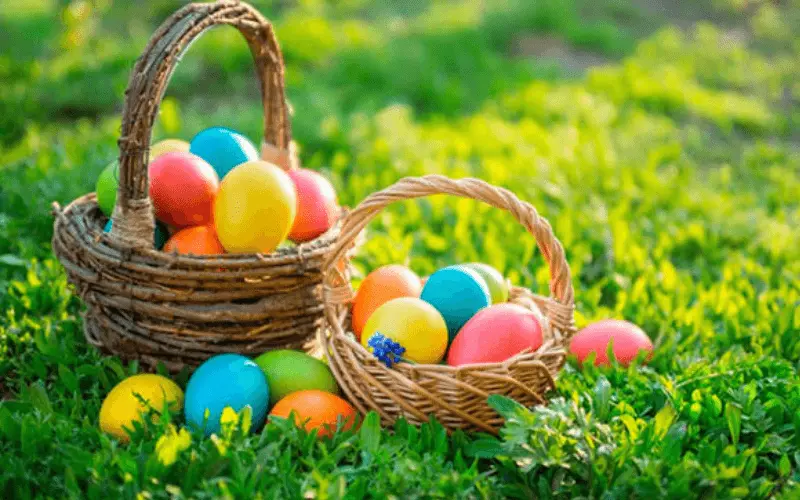
Decorating Easter eggs is a beloved tradition that dates back centuries. Eggs are often dyed or painted in vibrant colors and designs, symbolizing the new life and fertility associated with spring.
5. Easter Bunny:
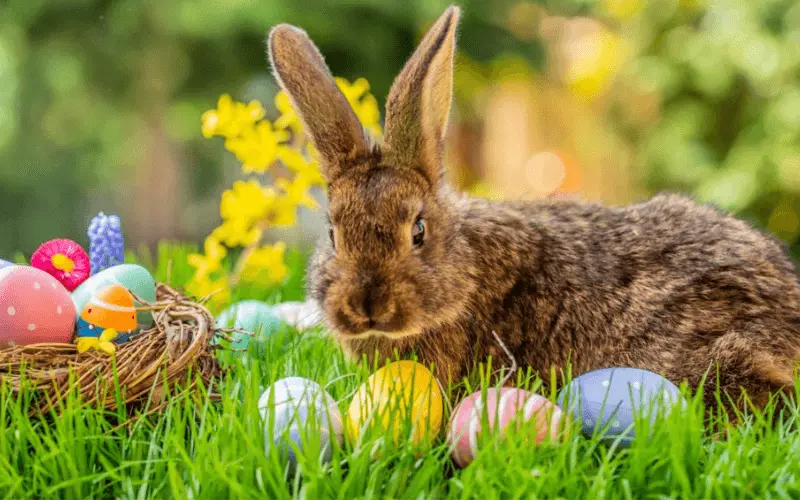
The Easter Bunny is a popular symbol of Easter, especially in Western cultures. Children believe that the Easter Bunny delivers Easter eggs and treats, similar to Santa Claus at Christmas.
Easter Traditions
Easter traditions are rich in symbolism and cultural significance. Here are some of the most common Easter traditions:
1. Easter Egg Rituals:
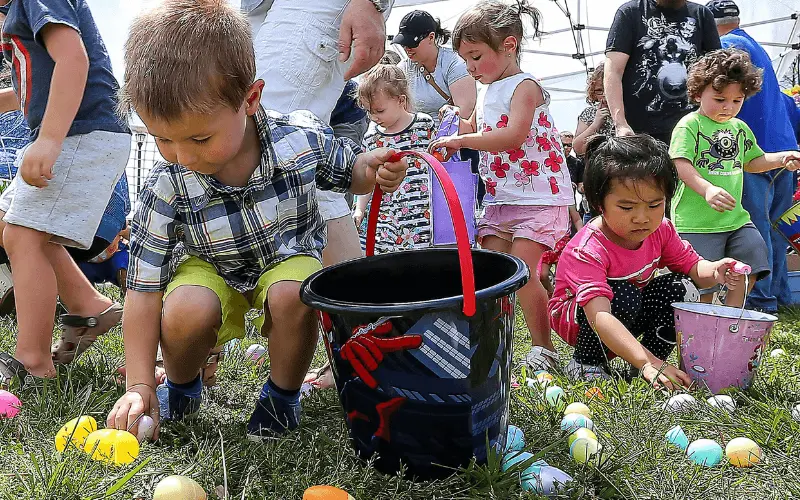
The tradition of decorating and hiding Easter eggs has been practiced for centuries. Eggs are often dyed in bright colors to represent the joy and renewal of spring.
2. Modern Easter Traditions:
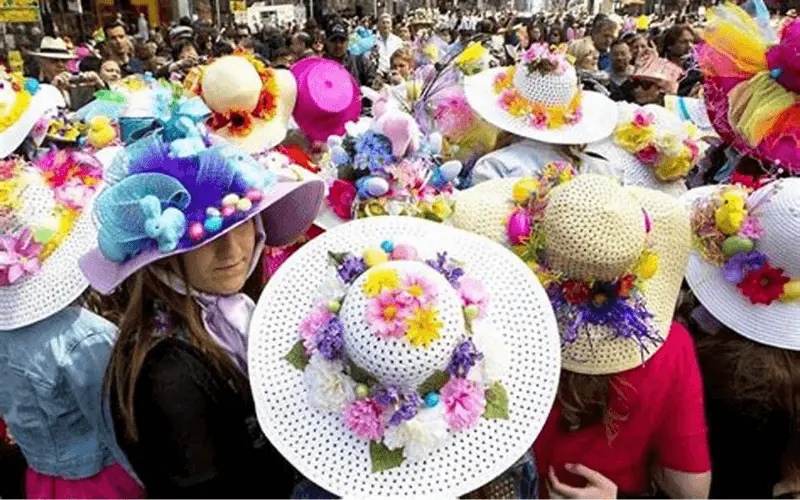
In addition to traditional customs, modern Easter traditions have emerged over time. These may include Easter parades, community events, and special activities for children.
3. The Easter Bunny:

The Easter Bunny is a beloved character in Easter folklore, symbolizing fertility and new life. Children often leave out carrots or lettuce for the Easter Bunny to enjoy while delivering Easter treats.
4. The White Lily:

The white lily is a traditional Easter flower, symbolizing purity, innocence, and the resurrection of Jesus Christ. It is often used to decorate churches and homes during the Easter season.
5. Other Symbolism:
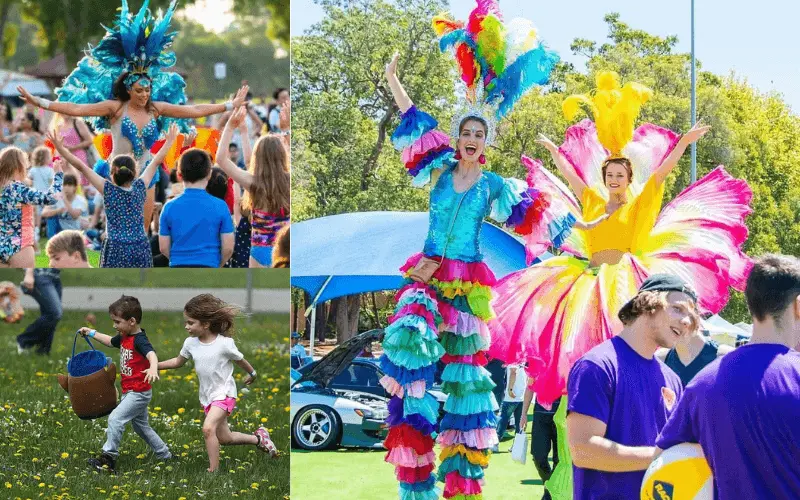
Various other symbols are associated with Easter, including crosses, lambs, and butterflies, each carrying its own religious or cultural significance.
Why is Easter called Easter?

The term “Easter” likely originates from the name of a pre-Christian goddess in England known as Eostre. She was worshipped at the onset of spring, symbolizing fertility, rebirth, and the arrival of new life. Over time, early Christian missionaries may have incorporated elements of the Eostre festival into their celebration of the resurrection of Jesus Christ, leading to the adoption of the name “Easter” for the Christian holiday.
Is Easter a Religious Holiday?

Yes, Easter is indeed a religious holiday. It is important in Christianity as one of the principal holidays or feasts. Easter commemorates the central event of the Christian faith the resurrection of Jesus Christ from the dead, as described in the New Testament of the Bible. Therefore, it is widely observed and celebrated by Christians worldwide.
Read other Religious Holidays Guides by daysdiscuss
Frequently Asked Questions
What is Easter and why is it celebrated?
Easter is a Christian holiday that celebrates the resurrection of Jesus Christ. It is considered one of the most significant events in Christianity and marks the culmination of the Holy Week, which includes events such as Jesus’ crucifixion and burial.
Easter Sunday, also known as Resurrection Sunday, commemorates the belief that Jesus rose from the dead three days after his crucifixion, symbolizing victory over sin and death. For Christians, Easter is a time of joy, hope, and renewal, as it reaffirms their faith in the resurrection of Jesus Christ and the promise of eternal life.
Why is Easter so early in 2024?
Easter is early in 2024 because its date is determined by the Sunday following the first full moon after the vernal (or spring) equinox. This calculation leads to variations in the timing of Easter each year, with the holiday occurring anywhere between late March and late April.
What are Easter dates 2023?
The Easter date for 2023 is April 9th. This date is determined by the Sunday following the first full moon after the vernal (or spring) equinox, which falls on April 9th, 2023.
Is Easter a happy or sad holiday?
Easter is generally considered a joyous holiday. It commemorates the resurrection of Jesus Christ, which is seen as a triumph over death and sin, bringing hope and joy to Christians worldwide.

